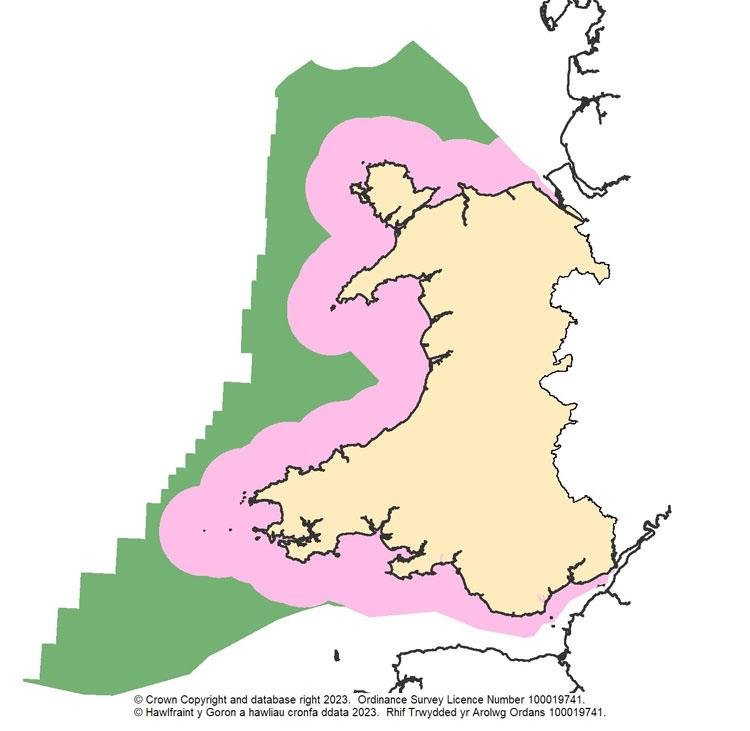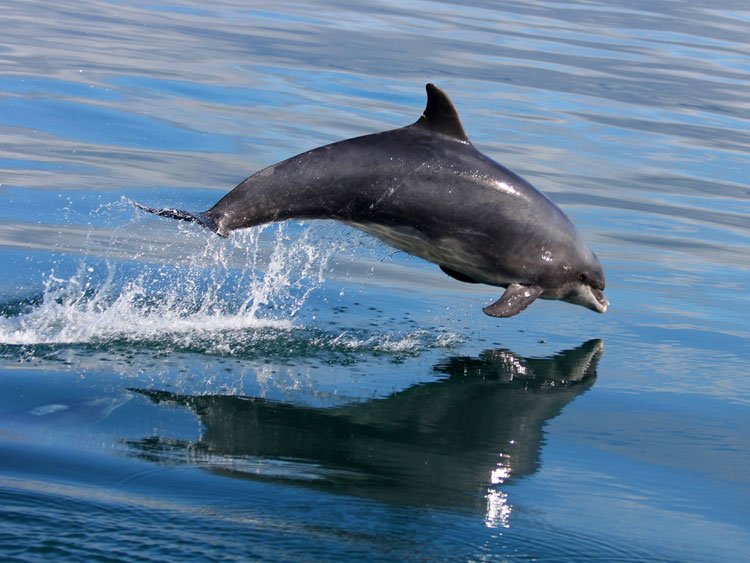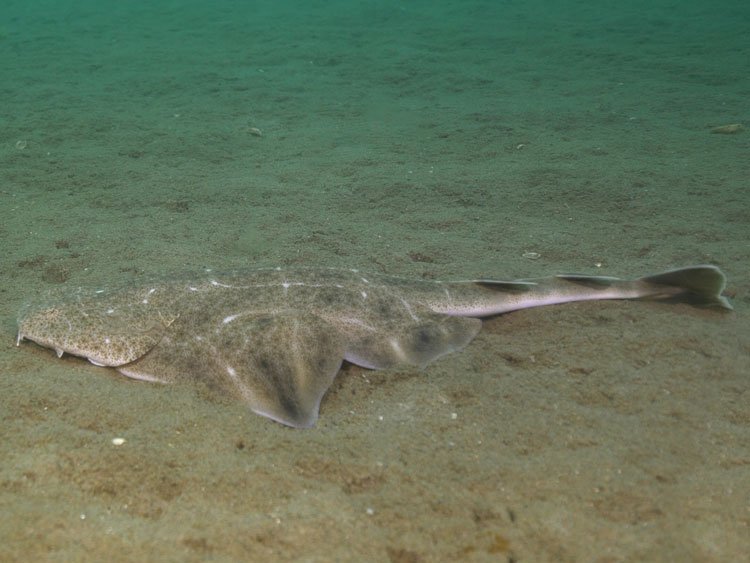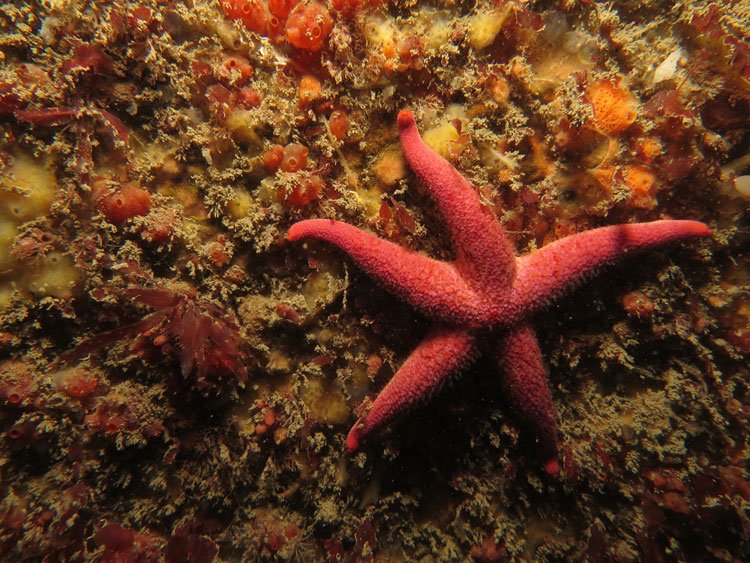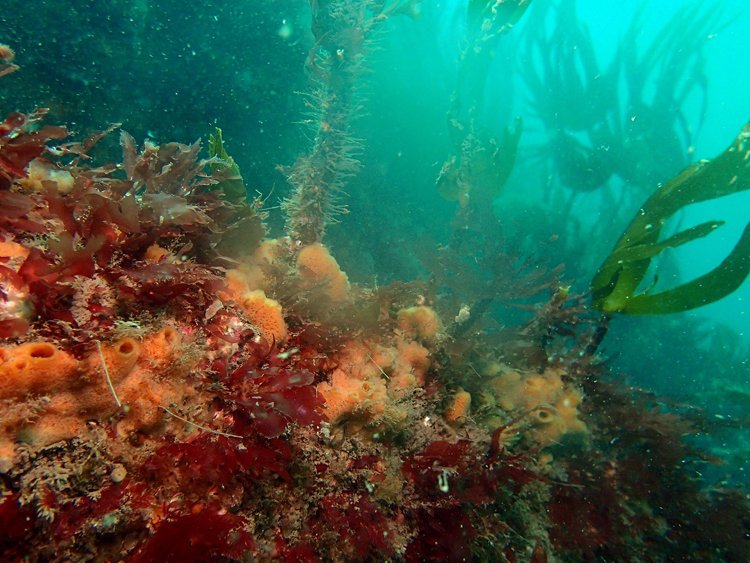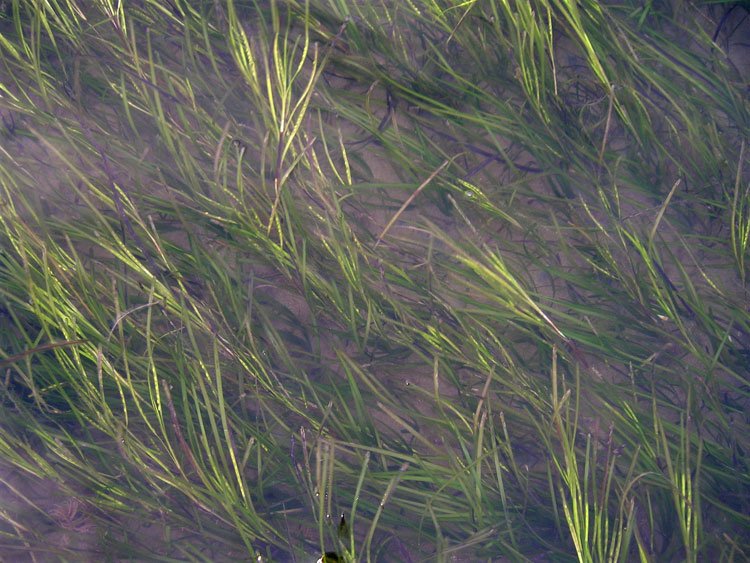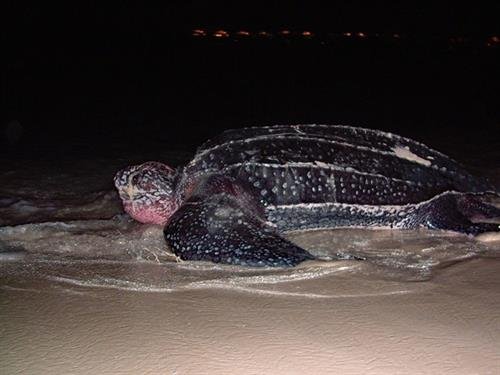Marine Conservation in Wales
Numerous pieces of legislation work to protect marine species in Wales.
Marine species and habitats in Wales are primarily safeguarded through the Marine Protected Area (MPA) network, with MPAs covering 69% of Welsh inshore waters. This network ensures that protection of marine habitats and species is achieved at different scales of importance - regional, national and European.
The EU Habitats Directive, transposed into UK law via the Conservation of Habitats and Species Regulations 2017 and the Conservation of Offshore Marine Habitats and Species Regulations 2017, offers protection from direct harm for a number of marine species designated as European Protected Species (EPS). Several marine habitats and species are also protected within Special Areas of Conservation (SACs). Similarly, birds are protected in Special Protection Areas (SPAs) and Ramsar sites.
The Wildlife and Countryside Act 1981 offers protection to marine species, especially marine mammals and turtles, fish and some invertebrates and includes approximately 45 marine species found in Wales. This legislation is also responsible for the designation and protection of Sites of Special Scientific Interest (SSSIs), which contain a wide variety of marine features.
The Marine and Coastal Access Act 2009 (MCAA) is an important piece of legislation for managing Welsh seas. This Act introduced a number of changes, including a revised system of marine management and licensing, including new powers to develop marine plans, changes to the management of marine, migratory and freshwater fisheries, recreational access and importantly marine conservation. MCAA introduced new powers for the Welsh Ministers to designate Marine Conservation Zones (MCZs) in the Welsh inshore region. Skomer is currently Wales’ only MCZ. However, work is currently ongoing to identify further MCZs in Wales which will assist in completing the MPA network in Wales.
The Environment (Wales) Act 2016 - Section 7 – includes lists of species and habitats which are of key significance to biodiversity in Wales and which public bodies have a duty to maintain and enhance. This list currently includes 55 fully marine species, with additional species such as the European otter and Atlantic salmon which spend only part of their life in the marine environment.
There is further information about the protection of specific marine species groups in the relevant sections.
Organisations involved in marine conservation in Wales
Although the Welsh Government has overall responsibility for ensuring Wales’ network of MPAs is effectively managed, the delivery of management is a shared responsibility across a number of organisations. Management Authorities (MAs) are organisations with statutory responsibilities in relation to any type of MPA, or who are significant seabed or coastal land owners. These MAs have formed the MPA Management Steering Group which provides a strategic steer for the MPA network. They have produced the MPA Management Framework which contains a vision and objectives for managing the network.
Natural Resources Wales (NRW) have a statutory and regulatory role in marine conservation. For example, NRW develops marine evidence, advises on site protection and management, produces site condition assessments, delivers marine licencing on behalf of Welsh Ministers, carries out monitoring and reporting and leads on development of the marine protected sites network. NRW are also responsible for other aspects of marine and estuarine environment, such as the management of migratory fish out to 6 nautical miles. NRW are also currently partner in a number of large marine projects.
Environmental NGOs have an important part to pay in marine conservation, education and engagement. The Wildlife Trust – Living Seas Wales is The Wildlife Trusts’ vision for the future of UK’s seas. The project protects Wales' marine wildlife by organising events and activities, monitoring, surveying beaches and undertaking practical conservation activities. The Marine Conservation Society (MCS) is a large UK marine NGO campaigning for better protection of the oceans and are currently leading the ‘Marine Treasures’ project in Wales. Other environmental NGOs include British Trust for Ornithology, WWF, RSPB and other specific groups which focus on species groups (e.g. mammals). European Marine Site Officers contribute significantly to marine conservation in Wales with a site-specific emphasis. There are also a variety of research institutions which contribute to projects and research in Wales.
Records of marine species are fundamental to our understanding of marine species distribution and changes over time. Citizen Science projects such as Seasearch, Shoresearch, marine mammal citizen science projects and other specific campaigns, such as the Great Eggcase Hunt, provide useful data to add to the existing monitoring undertaken by statutory agencies.
There are a number of projects ongoing which aim to restore and manage marine species and habitats which are threatened or declining, which are outlined in the specific marine species sections.


